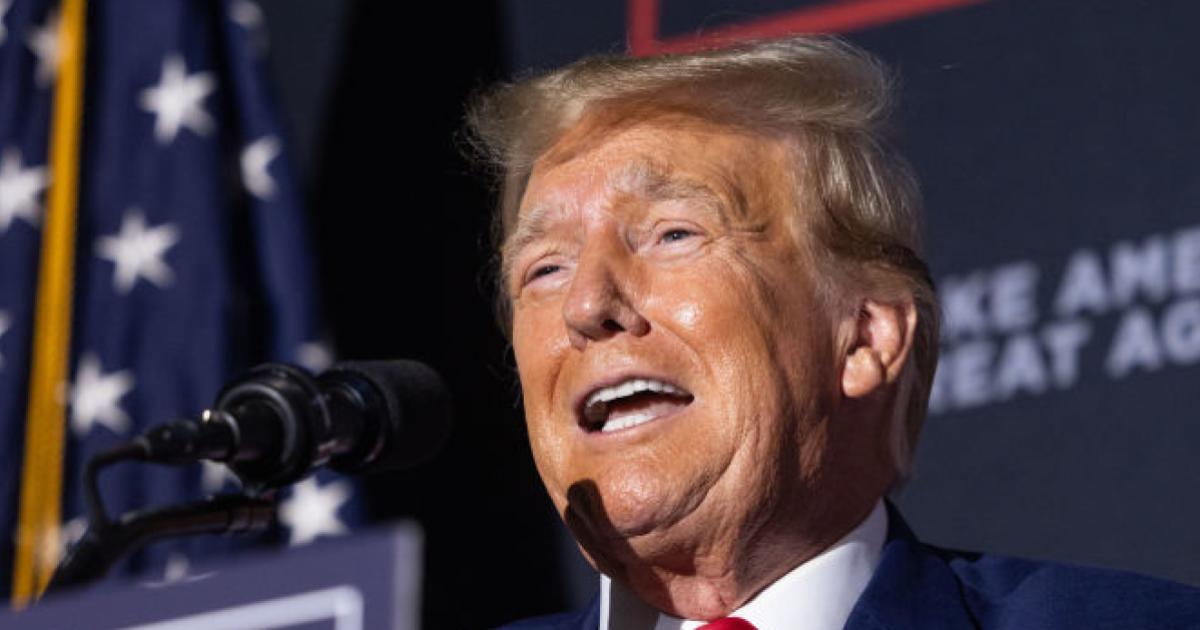Trump Ordered to Pay $364 Million for Fraudulent Practices
Trump Fraud Verdict Shows Political Overreach 🔗

A recent ruling by New York State Supreme Court Judge Arthur Engoron has ordered former President Donald Trump to pay $364 million in damages for fraud related to inflating his net worth to secure better loans. Engoron also imposed a three-year ban on Trump and his sons from holding corporate positions in New York or borrowing from its banks. Critics argue that the ruling lacks evidence of actual harm to lenders and that the practices in question are common in the industry, questioning the validity of Engoron’s claims of protecting market integrity. The case raises concerns about the implications of such legal actions on the broader lending industry, especially when no real losses to banks or individuals have been proven.
What was the ruling against Donald Trump about?
The ruling ordered Trump to pay $364 million for fraudulently inflating his net worth to obtain favorable loan terms and imposed a three-year ban on him and his sons from corporate positions in New York.
Why do critics question Judge Engoron's decision?
Critics argue that the ruling lacks evidence of actual harm to lenders and that the practices criticized are common in the industry, suggesting that the decision may negatively impact the lending sector without proving any wrongdoing.
What are the broader implications of this ruling?
The ruling could potentially harm the lending industry by criminalizing standard business practices, especially when no real losses have been demonstrated from the transactions in question.